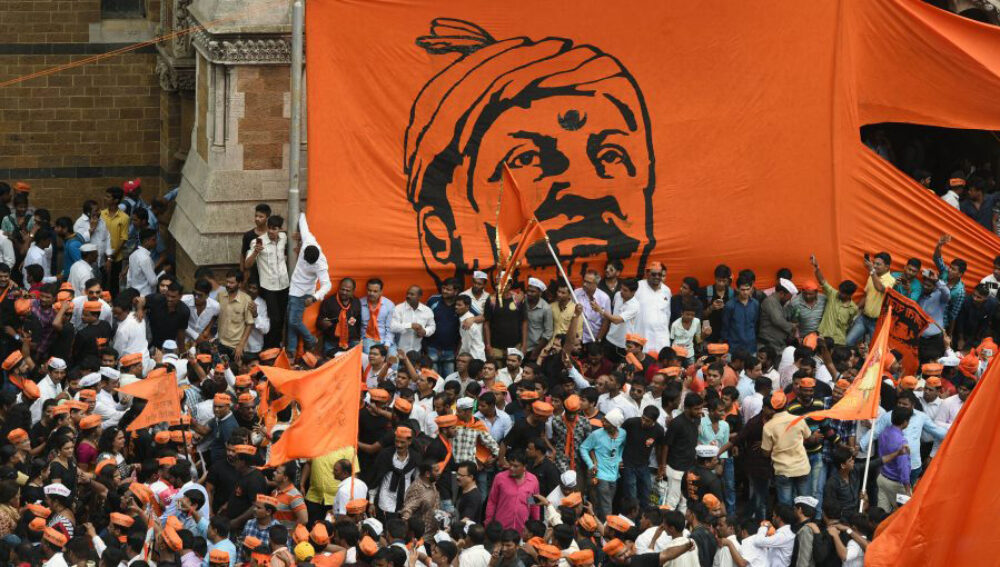The Indian government recently got mired in controversy when it apparently tried to suppress a report from the National Sample Survey Office (NSSO) that the country’s national unemployment reached 6.1 per cent – which was the highest recorded since 1972-73. The youth unemployment rate now stands at 16 per cent. The labour force participation rate has either stagnated or declined slightly.
The findings were leaked to a leading financial newspaper and attracted the attention of the international media, see for example, here and here. To compound this controversy, two members of the National Statistical Commission (NSC), including its acting Chairman, resigned because they felt marginalized. The government has tried to counter this embarrassing incident by claiming that the report was still at a draft stage and a revised version is likely to be made available in March. It keeps making the argument that alternative data sources show robust employment growth, while its boosters, using contested methodology, have reinforced this rosy narrative.
Scholars of the Indian labour market are convinced that India is in the grip of a jobs crisis. Their pessimism has been well captured by Kaushik Basu, a prominent economist, who observed wryly that ‘India can hide unemployment data, but not the truth’.
To be fair to the current government, which is understandably anxious to counter bad news on the jobs front when the national elections are only months away, India’s labour market woes are of a long-standing nature. There is evidence that the unemployment rate was rising even during the period of the last (Congress-led) government – see figure 1 – although the numbers now look much worse than in previous periods.

The undisclosed NSSO report is not the only one to highlight a jobs crisis. Private sector organizations have also painted a grim picture of large-scale joblessness, despite rapid growth that has persisted for decades. The All India Manufacturer’s Organisation (AIMO) that represents micro, small and medium sized enterprises (MSMEs) claims that MSMES lost over 350,000 jobs since 2014. The Centre for Monitoring the Indian Economy (CMIE) – another private sector entity – has probably painted the most dismal picture of the Indian labour market. The latest CMIE report suggest that ’11 million jobs (were) lost in 2018’, with the unemployment rate persisting at 7 per cent. Both the AIMO and the CMIE note that major policy errors, such as the ill-thought demonetisation of 2016 and a poorly executed tax reform, compounded the stresses and strains in the ‘unorganised sector’ that represents nearly 90 per cent of the Indian economy.
A comprehensive study on the ‘state of working India’ points out that the jobs crisis has multiple dimensions – rising open unemployment, high rate of youth unemployment, persistence of low-productivity informal employment, widespread incidence of low pay, and persistent gender and caste disparities. The same study also points out that, over time, the correlation between GDP growth and employment growth has become substantially weaker. Hence, one witnesses the juxtaposition of rapid GDP growth with poor employment outcomes.
At the societal and political level, there is a surge of civic movements in which dominant castes are seeking preferential treatment for public sector employment, while there is huge excess demand for even menial jobs in the public sector. The government’s response has been to dilute long-standing affirmative action initiatives that pertain to the public sector and to continue to claim that jobs are being created in the millions as a result of multiple initiatives. It foresees a nation of ‘job creators’ rather than ‘job seekers’. The latest budget that was released a few days ago is notably silent on how the government intends to respond to India’s central employment challenges within a systematic framework. It needs to start by acknowledging that a jobs crisis exists rather than seeking to deny it.
Iyanatul Islam is an Adjunct Professor at the Griffith Asia Institute and former Branch Chief, ILO, Geneva.








